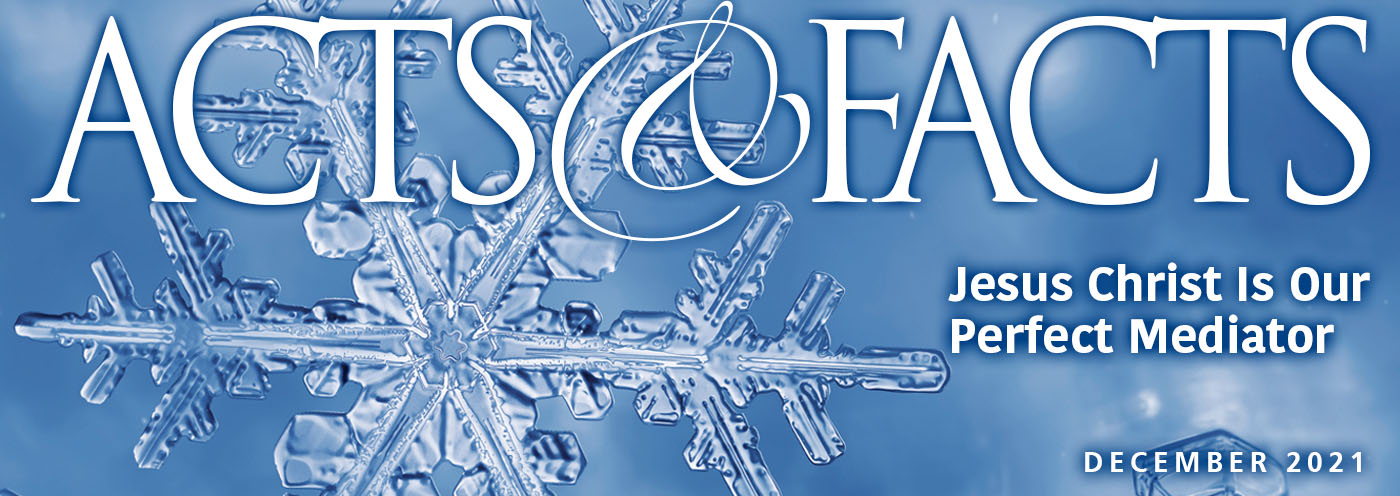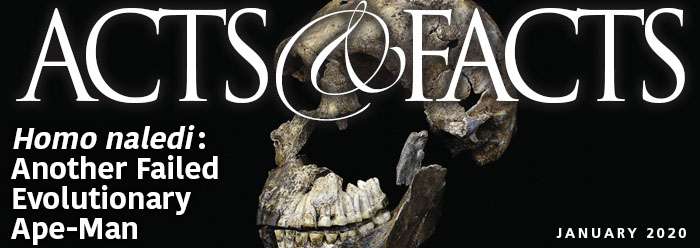Search Tools
New Defender's Study Bible Notes
22:3 prudent man. This is repeated at Proverbs 27:12. A person who is knowledgeable in the Scriptures and also of human events can be forewarned when troubles are imminent and make appropriate preparations. Those who are self-centered and indifferent to important matters will often be carried away.
22:6 Train up. Train up” is from a Hebrew word normally translated “dedicate” or “consecrate.” The phrase “in the way he should go” is, literally, “according to his way”—that is, the “way” intended for him by his God-given abilities and interests. Parents should seek to ascertain this in a child’s nature, and then dedicate him or her to that sacred cause, that the child when grown may make the optimum contribution to the kingdom of God.
22:7 servant to the lender. Therefore, “owe no man anything, but to love one another” (Romans 13:8).
22:15 heart of a child. Modern theories of child-raising which allow children full freedom of expression when they are not yet wise or experienced enough to make intelligent choices are self-defeating. See on Proverbs 13:24.
22:21 certainty of the words. Before we can effectively “give an answer” (I Peter 3:15) as we try to witness to others concerning God, we first must know the certainty of the “Word of truth” ourselves. An “uncertain sound” of a trumpet can hardly prepare others for the battle (I Corinthians 14:8).
22:28 ancient landmark. See also Proverbs 23:10; Deuteronomy 19:14; 27:17. The lands were originally divided by the Lord (Genesis 10:32), when He “set the bounds of the people” (Deuteronomy 32:8). The “earth is the LORD’s” (Psalm 24:1), and He can give and transfer the lands according to His will (Acts 17:26). These God-given boundaries should be respected.
22:28 thy fathers. There is also an important spiritual application in this verse. The “landmark” may be a spiritual standard, established by our spiritual forefathers, God-honoring and God-blessed. There is always a tendency for each new generation to try to modernize the ways of their fathers and, in view of the universal law of decay, this is more often a mistake.






